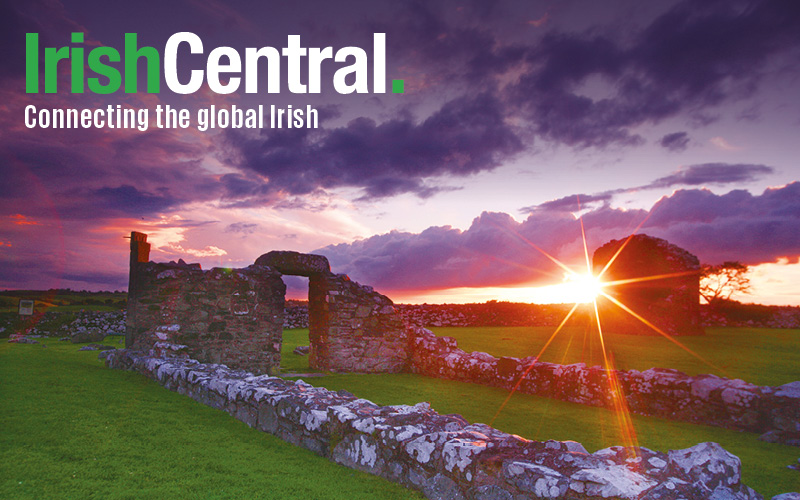With the May 7 British election looking like a cliffhanger the consequences for Northern Ireland and future British policy there are immense.
Current polls show the Labour Party and the Tories dead even, with big gains for the Scottish Nationalists and major setbacks for the Liberal Democrats who are currently in a coalition with the Tories.
There is one disastrous outcome for the well being of the peace process – a hung Parliament (i.e., no party with a majority of 326 seats) but with the Tories ahead in numbers of seats won.
In order to form a government the Tories would have to reach out to the Democratic Unionist Party (DUP), expected to secure eight or so seats in the new Parliament, which immediately recreates the Orange Card scenario so beloved of the Unionists.
Current Tory British Prime Minister David Cameron could scrape back into office with the DUP vote and the decimated remains of the Liberal Democrats and possibly a tacit deal with the UKIP right wing anti-immigrant party.
Cameron is perfectly aware of the DUP potential. He hosted a dinner party and barbecue for the party last year at 10 Downing Street.
It may also explain his complete lack of involvement in Northern Irish affairs and his clear pro-Unionist bias on that issue.
Labour, on the other hand, will have an easier path to power if leader Ed Miliband has more seats.
The Scottish Nationalist Party is expected to win 45 or more seats in the Parliament. Last week their new leader Nicola Sturgeon won the party leaders’ only pre-election debate. Afterwards the Daily Mail proclaimed her the “Queen of Scots.”
Sturgeon is where Charles Stewart Parnell and the Irish party were over a century ago, possibly holding the balance of power in a hung Parliament. She is much more likely to wish for a Labour Party win given that her strongest followers are working class Scots, normally Labour voters in times past.
There was a wobble in that scenario last week when the Daily Telegraph reported a Foreign Office briefing, stating that Sturgeon had told the French ambassador that the Scottish Nationalists preferred Cameron to Miliband. Sturgeon strongly denied the story.
A Labour government propped up by the Scottish Nationalist Party and Plaid Cymru, the Welsh nationalists, and perhaps the Liberal Democrats might come close to power and would be far more preferred in Nationalist circles in Northern Ireland.
Then there is the intriguing possibility of what Sinn Fein might do if they have four or five seats and hold a potential balance of power.
Currently Sinn Fein refuses to take the oath in the British Parliament, but could that change if it meant they kept the DUP out of power?
It will be a long night on May 7, one that will be watched with great interest all over Britain, Northern Ireland and in Irish America too. The future implementation of the peace process may be at stake.




Comments